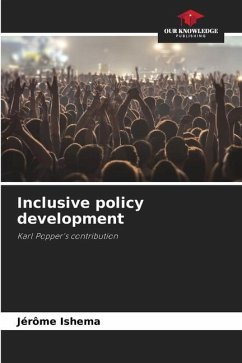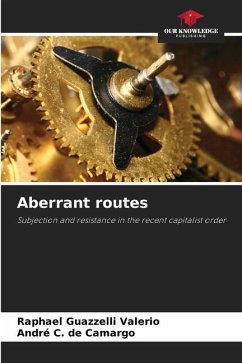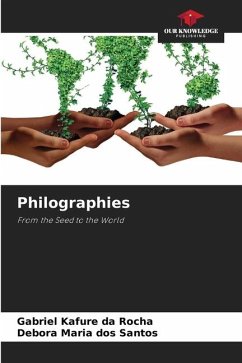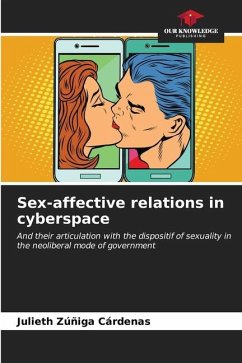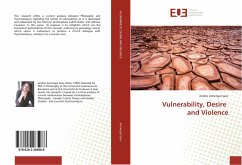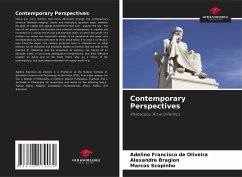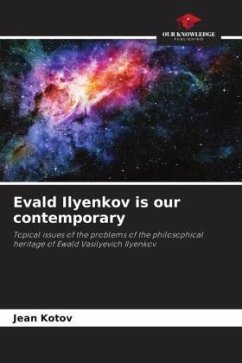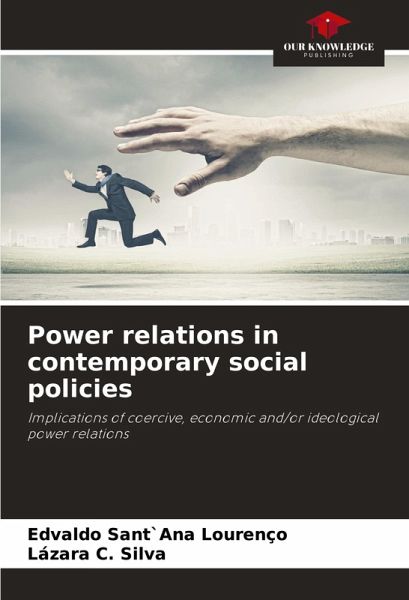
Power relations in contemporary social policies
Implications of coercive, economic and/or ideological power relations
Versandkostenfrei!
Versandfertig in 6-10 Tagen
43,99 €
inkl. MwSt.

PAYBACK Punkte
22 °P sammeln!
This work presents the biopolitical relations established between Civil Society Organisations (CSOs) and the state in the promotion of social emancipation. The research seeks to understand the epistemological bases that support the partnerships established by the state with CSOs from the perspective of informal social inclusion, as well as the social, economic and political implications of this power relationship. Based on the study, it is understood that power is a category that has always been present in the history of civilisation, whether in the struggles and clashes established, in everyd...
This work presents the biopolitical relations established between Civil Society Organisations (CSOs) and the state in the promotion of social emancipation. The research seeks to understand the epistemological bases that support the partnerships established by the state with CSOs from the perspective of informal social inclusion, as well as the social, economic and political implications of this power relationship. Based on the study, it is understood that power is a category that has always been present in the history of civilisation, whether in the struggles and clashes established, in everyday relationships, in the simplest action of a person demanding a guarantee of their rights or in the agendas of political discussions that define and determine public policies. From this perspective, we understand that the state and CSOs (Civil Society Organisations) have been building new paths, albeit slowly, for the transformation of contemporary social policies. This highlights the powerrelations that can be found in discourses, counter-discourses and in human and social training actions, with the aim of promoting human and social empowerment in order to build a fairer and more empowered society.





